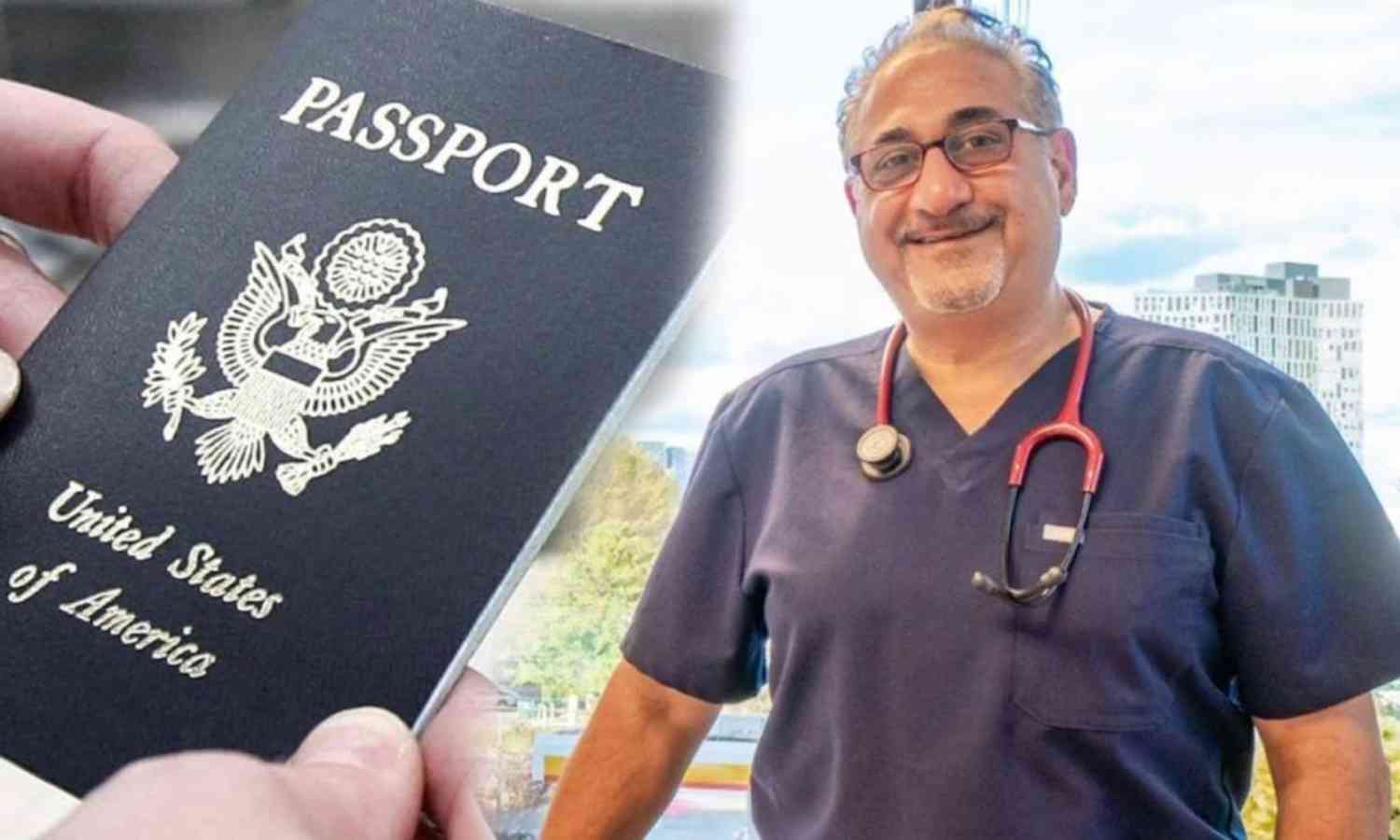In a case that has highlighted the complexities of immigration rules and the challenges faced by long-time residents who may not fully understand the nuances of the system, a doctor who has lived in the United States for 61 years has lost his citizenship.
The doctor, who emigrated from India in 1962, was recently notified by the US Citizenship and Immigration Services (USCIS) that his naturalization was revoked due to a failure to file a form renewing his permanent residency status. The form, known as Form I-90, is required to be filed every 10 years by certain categories of permanent residents, and failing to do so can result in the termination of residency and, consequently, citizenship.

The doctor's case has drawn attention to the fact that many permanent residents may not be aware of the requirements to maintain their status, especially if they have been living in the United States for decades without any issues. It also raises questions about the fairness of a system that can suddenly upend the lives of individuals who have built their lives in the country.
According to the USCIS, the doctor was sent multiple notices reminding him of his obligation to file Form I-90, but he did not respond. As a result, his permanent residency was deemed abandoned, and his citizenship was subsequently revoked.
The doctor's attorney has filed an appeal to the USCIS, arguing that the revocation of citizenship was unfair and that the doctor was not properly informed of the consequences of failing to file the form. The attorney also asserts that the doctor's case should be considered on a humanitarian basis, given his long history of residence in the United States and his contributions to the community.
The revocation of the doctor's citizenship has sparked a debate about the adequacy of the USCIS's communication with permanent residents, particularly those who have been living in the country for many years. Critics argue that the agency should do more to ensure that residents are aware of their responsibilities and the potential consequences of non-compliance.
The case also highlights the lingering complexities of immigration policies in the United States, which have been a source of political and social division for decades. While the USCIS has made efforts to streamline the immigration process, there remain instances where individuals fall through the cracks due to a lack of knowledge or understanding of the rules.
As the doctor's case proceeds through the appeals process, it will be closely watched by immigration advocates and others who are concerned about the potential impact of such revocations on longtime residents. The outcome of the case could have broader implications for the rights and protections afforded to long-term residents of the United States.
[image credits: hindustantimes]
© Copyright 2023. All Rights Reserved Powered by Vygr Media.
























